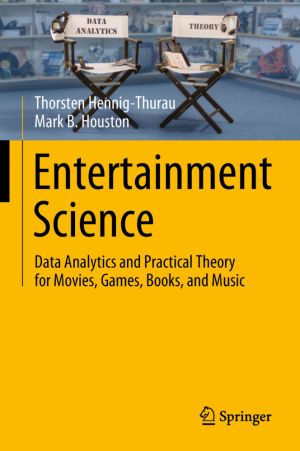
The entertainment industry has long been dominated by legendary screenwriter William Goldman’s “Nobody-Knows-Anything” mantra, which argues that success is the result of managerial intuition and instinct. This book builds the case that combining such intuition with data analytics and rigorous scholarly knowledge provides a source of sustainab...

In the decade and a half since Napster first emerged, forever changing the face of digital culture, the claim that "internet pirates killed the music industry" has become so ubiquitous that it is treated as common knowledge. Piracy is a scourge on legitimate businesses and hard-working artists, we are told, a "cybercrime" simila...

he World Wide Web has now been in use for more than 20 years. From early browsers to today's principal source of information, entertainment and much else, the Web is an integral part of our daily lives, to the extent that some people believe 'if it's not online, it doesn't exist.' While this statement is not entirely true, ...
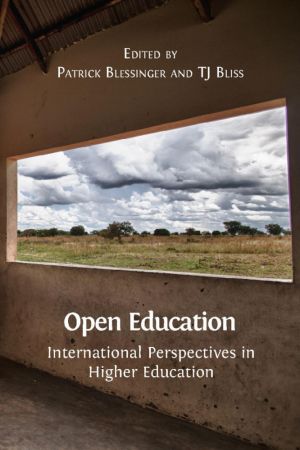
This insightful collection of essays explores the ways in which open education can democratise access to education for all. It is a rich resource that offers both research and case studies to relate the application of open technologies and approaches in education settings around the world.
Global in perspective, this book argues strongly for the...
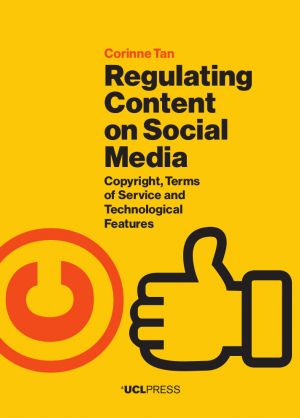
How are users influenced by social media platforms when they generate content, and does this influence affect users' compliance with copyright laws?
These are pressing questions in today's internet age, and Regulating Content on Social Media answers them by analysing how the behaviours of social media users are regulated from a copyrig...
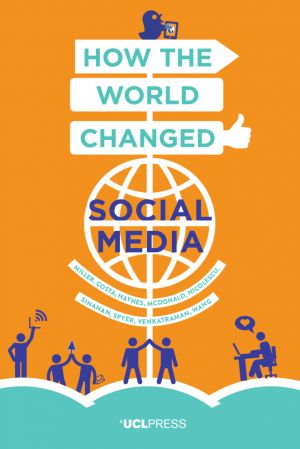
How the World Changed Social Media is the first book in Why We Post, a book series that investigates the findings of anthropologists who each spent 15 months living in communities across the world. This book offers a comparative analysis summarising the results of the research and explores the impact of social media on politics and gender, educatio...
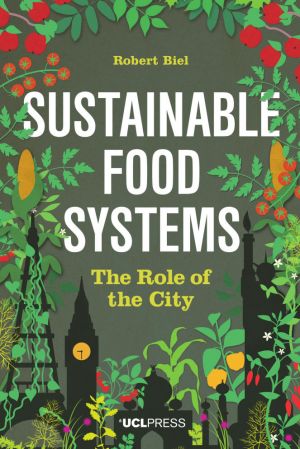
Faced with a global threat to food security, it is perfectly possible that society will respond, not by a dystopian disintegration, but rather by reasserting co-operative traditions. This book, by a leading expert in urban agriculture, offers a genuine solution to today's global food crisis. By contributing more to feeding themselves, cities c...
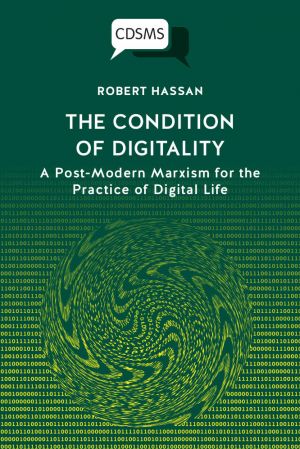
David Harvey's The Condition of Postmodernity rationalised capitalism's transformation during an extraordinary year: 1989. It gave theoretical expression to a material and cultural reality that was just then getting properly started - globalisation and postmodernity - whilst highlighting the geo-spatial limits to accumulation imposed by o...
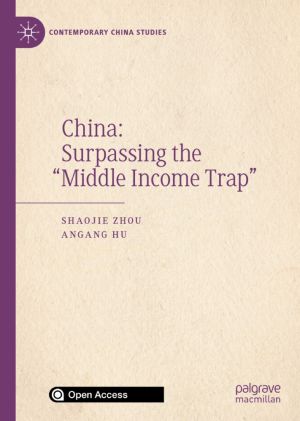
This open book explores one of the most fiercely debated issues in China: if and how China will surpass the middle income trap that has plagued many developing countries for years. This book gives readers a clear picture of China today and acts as a reference for other developing countries.
China is facing many setbacks and experiencing an economi...

Books about Oxford have generally focused on the University rather than the city. This original book on the local politics of Oxford City from 1830 to 1980 is based on a comprehensive analysis of primary sources and tells the story of the city's progressive politics. The book traces this history from Chartism and electoral reform in the mid-ni...
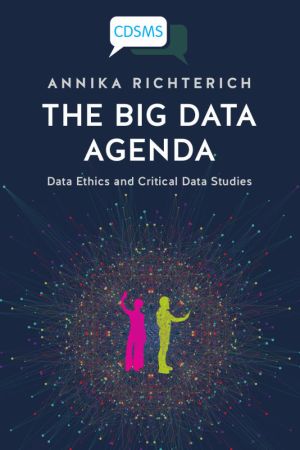
This book highlights that the capacity for gathering, analysing, and utilising vast amounts of digital (user) data raises significant ethical issues. Annika Richterich provides a systematic contemporary overview of the field of critical data studies that reflects on practices of digital data collection and analysis. The book assesses in detail one ...
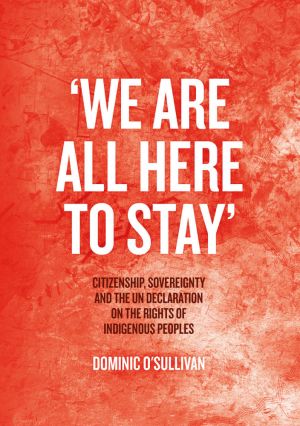
In 2007, 144 UN member states voted to adopt a Declaration on the Rights of Indigenous Peoples. Australia, Canada, New Zealand and the US were the only members to vote against it. Each eventually changed its position. This book explains why and examines what the Declaration could mean for sovereignty, citizenship and democracy in liberal societies ...

'Love is harder to explain than hunger, for a piece of fruit does not feel the desire to be eaten': Denis Diderot's Éléments de physiologie presents a world in flux, turning on the relationship between man, matter and mind. In this late work, Diderot delves playfully into the relationship between bodily sensation, emotion and perce...

This open book discusses British literature as part of a network of global entangled modernities and shared aesthetic concerns, departing from the retrospective model of a postcolonial "writing back" to the centre. Accordingly, the narrative strategies in the texts of early Black Atlantic authors, like Equiano, Sancho, Wedderburn, and Sea...

This open book is about exploring interesting borderline cases of art. It discusses the cases of gustatory and olfactory artworks (focusing on food), proprioceptive artworks (dance, martial arts, and rock climbing qua proprioceptive experiences), intellectual artworks (philosophical and scientific theories), as well as the vague limits between pain...
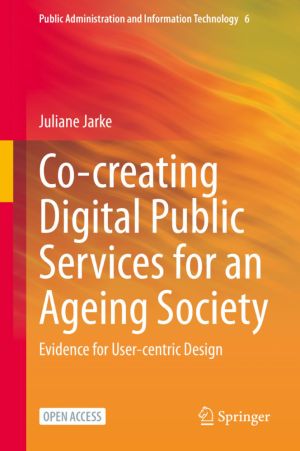
This open book attends to the co-creation of digital public services for ageing societies. Increasingly public services are provided in digital form; their uptake however remains well below expectations. In particular, amongst older adults the need for public services is high, while at the same time the uptake of digital services is lower than the ...

Many scholars have wondered if a non-Western theory of international politics founded on different premises, be it from Asia or from the "Global South," could release international relations from the grip of a Western, "Westphalian" model. This book argues that a Buddhist approach to international relations could provide a genui...
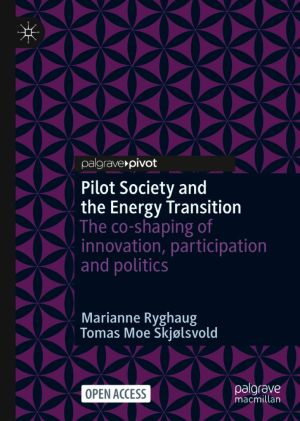
This open book examines the role of pilot and demonstration projects as crucial devices for conducting innovation in the context of the energy transition. Bridging literature from sustainability transitions and Science and Technology Studies (STS), it argues that such projects play a crucial role, not only in shaping future energy and mobility syst...
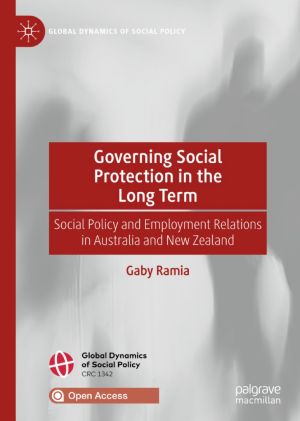
This open book examines the comparative evolution of social protection in Australia and New Zealand from 1890 to the present day, focusing on the relationship between employment relations and social policy. Utilising longstanding and more recent developments in historical institutionalist methodology, Ramia investigates the relationship between the...

This open book, Crisis and Legitimacy in Atlantic American Narratives of Piracy: 1678-1865, examines literary and visual representations of piracy beginning with A.O. Exquemelin's 1678 Buccaneers of America and ending at the onset of the US-American Civil War. Examining both canonical and understudied texts - from Puritan sermons, James Fenimo...

Tracing the shift from liberal to neoliberal education from the nineteenth century to the present day, this open access book provides a rich and previously underdeveloped narrative of value in higher education in England. Value and the Humanities draws upon historical, financial, and critical debates concerning educational and cultural policy. Rath...

The histories of East and West Germany traditionally emphasize the Cold War rivalries between the communist and capitalist nations. Yet, even as the countries diverged in their political directions, they had to create new ways of working together economically.
In Designing One Nation, Katrin Schreiter examines the material culture of increasing ...

In a world where information has never been so accessible, and answers are available at the touch of a fingertip, we are hungrier for the facts than ever before - something the Covid-19 crisis has brought to light. And yet, paywalls put in place by multi-billion dollar publishing houses are still preventing millions from accessing quality, scientif...

Drawing on Indigenous peoples' struggles against settler colonialism, Theft Is Property! reconstructs the concept of dispossession as a means of explaining how shifting configurations of law, property, race, and rights have functioned as modes of governance, both historically and in the present. Through close analysis of arguments by Indigenou...

In this rigorous and necessary book, Kristien Hens brings together bioethics and the philosophy of biology to argue that it is ethically necessary for scientific research to include a place for the philosopher. As well as ethical, their role is conceptual: they can improve the quality and coherence of scientific research by ensuring that particular...
